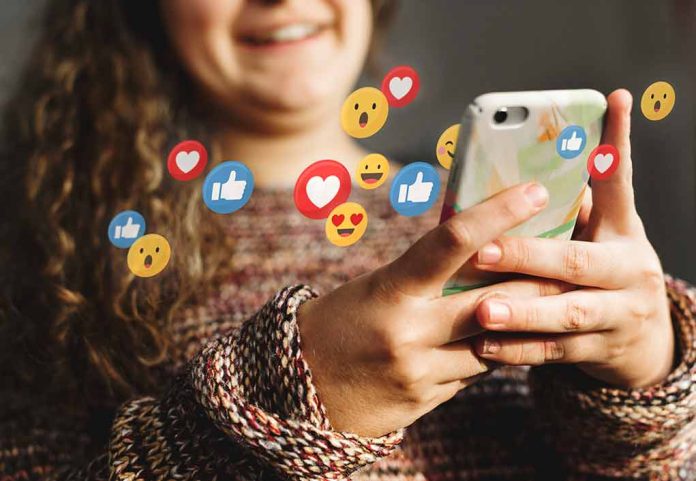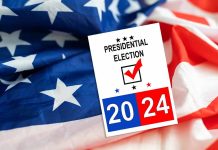
(LibertyInsider.org) – The Florida legislature has passed a controversial new bill that would make it illegal for social media sites like YouTube, Facebook, and Twitter to service users under the age of 16. The Online Protections for Minors Act (H.B. 1) contains unprecedentedly stringent new guidelines forcing platforms to root out and ban users under this age limit.
The bill specifically targets websites and apps that facilitate user-generated content (UGC), track user data, and employ what critics refer to as “addictive” engagement algorithms designed to foster repetitive use. It specifically defines UGC as any content published and/or created by the end user rather than the company that owns the platform itself.
A bill to create one of the nation's most restrictive bans on minors' use of social media is headed to Republican Florida Gov. Ron DeSantis. https://t.co/9211UJVee9 https://t.co/vhGQOPsQ7l
— NEWSMAX (@NEWSMAX) February 23, 2024
If passed into law, H.B. 1 would immediately force these platforms to roll out age verification measures for any user within the state of Florida. Sites must also proactively seek out and purge any account that belongs to a child or teen under 16, irrespective of parental approval.
The legislature officially passed the Online Protections for Minors Act in a 108-7 vote on February 22. However, it is not yet codified into law. Instead, the bill has since moved on to Governor Ron DeSantis (R-FL), who must decide whether to sign off on it, veto it, or return it with suggestions for modifications.
If approved, H.B. 1 will go into effect early this summer. Enforcement of the new regulations will fall to the Department of Legal Affairs, which will reportedly have the right to impose stiff fines of up to $50,000 per violation on any company that refuses to comply with it.
Whether or not DeSantis will sign off on the bill remains unclear. Critics from both sides of the political aisle have argued that H.B. 1 amounts to government overreach because it violates Floridians’ First Amendment rights by infringing on free speech. Some parents also take issue with the fact that it lacks an exception for parental consent, stripping away their ability to make that choice at an individual level.
In fact, DeSantis himself reportedly expressed similar concerns in Orlando on February 22. When asked about the new regulations in a news conference, he appeared open to the idea of restrictions but encouraged caution. “We can’t say that 100% of the uses are bad because they’re not,” he noted.“I don’t think it’s there yet, but I hope we can get there in a way that answers parents’ concerns.”
Copyright 2024, LibertyInsider.org














